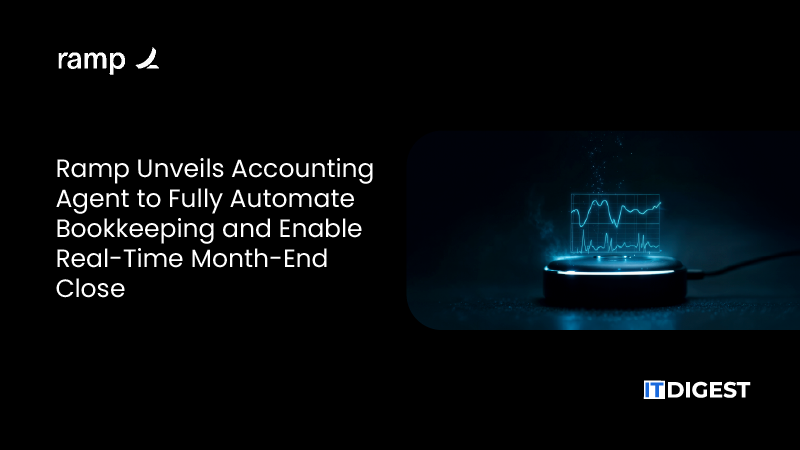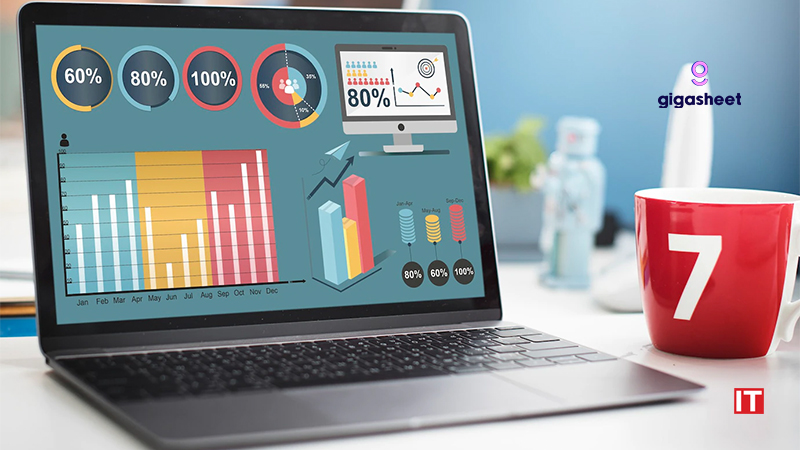Gigasheet, a startup that is making big data analysis more accessible to business users, has been awarded a patent for its unique ability to organize massive data sets in a cloud-based spreadsheet. With Gigasheet, big data that typically requires a database can now be displayed in a familiar row-and-columns interface. The patent illustrates the technology’s ability to help cybersecurity analysts identify anomalous events in network logs. In addition, the company has discovered thousands of users are applying the technology to solve a variety of other big data challenges.
In 2020, Gigasheet’s founders began developing a novel technology to help security analysts easily investigate massive data sets. Data storage costs have plummeted in recent years, so devices on computer networks are logging nearly every click and digital transaction, creating massive repositories of digital information that can prove invaluable in a cybersecurity investigation. As teams respond to a security incident, they sift through these troves of data, looking for patterns and snippets that hold information relevant to the investigation. Gigasheet’s patented approach infers the schema of the data and visually organizes it in a spreadsheet-like interface, allowing for quicker investigation and analysis.
Many security-specific features are underlying in Gigasheet’s product. Data types such as URLs and IP addresses are understood by the platform to assist with network communication pattern analysis. The technology infers data structures and normalizes data from a wide variety of different file types, from large Excel files to more complex JavaScript Object Notation (JSON) files found in many modern applications. With the data Gigasheet’s parsing produces normalized data, and security analysts can then employ filters, groups, and aggregations to create complex queries required to respond to incidents.
Beyond Cybersecurity, Gigasheet Brings Big Data Analysis to Multiple Industries
Although the patented technology was initially developed for cybersecurity investigators, Gigasheet co-founder and CEO Jason Hines says the application has been gaining traction in unexpected ways. “Shortly after our initial launch, we saw hundreds of people were using Gigasheet for analysis beyond cybersecurity. It turns out that a lot of people are looking for easier ways to analyze big data, and it’s not just security analysts. We see users in all kinds of business areas, from sales and marketing data to data engineering.”
Also Read: NordPass introduces features to boost cooperation with MSPs
When faced with analyzing a large data set, most people turn to the familiar spreadsheet. Numerous options exist, including old stalwarts like Microsoft Excel and newer players like Google Sheets or Smartsheet. According to Hines, Microsoft Excel has an estimated 750 million users worldwide, but these tools cannot handle multi-million row data sets commonly found in modern organizations. This leads users to clunky or unreliable workarounds, but more often than not they find themselves without a workable solution.
Without Gigasheet, such analytic challenges require an entire data stack, complete with a database back-end, an extraction and transformation layer, and a set of visualization and reporting tools. These platforms require setup and ongoing maintenance by skilled data engineers. Business users at organizations are required to submit requests to enterprise data teams and are often disappointed with the returned results when the data is not exactly what they expected or requested. Rather than self-service analysis done at the speed of thought, this process involves bureaucracy, waiting in line, or in some cases just giving up altogether.

































